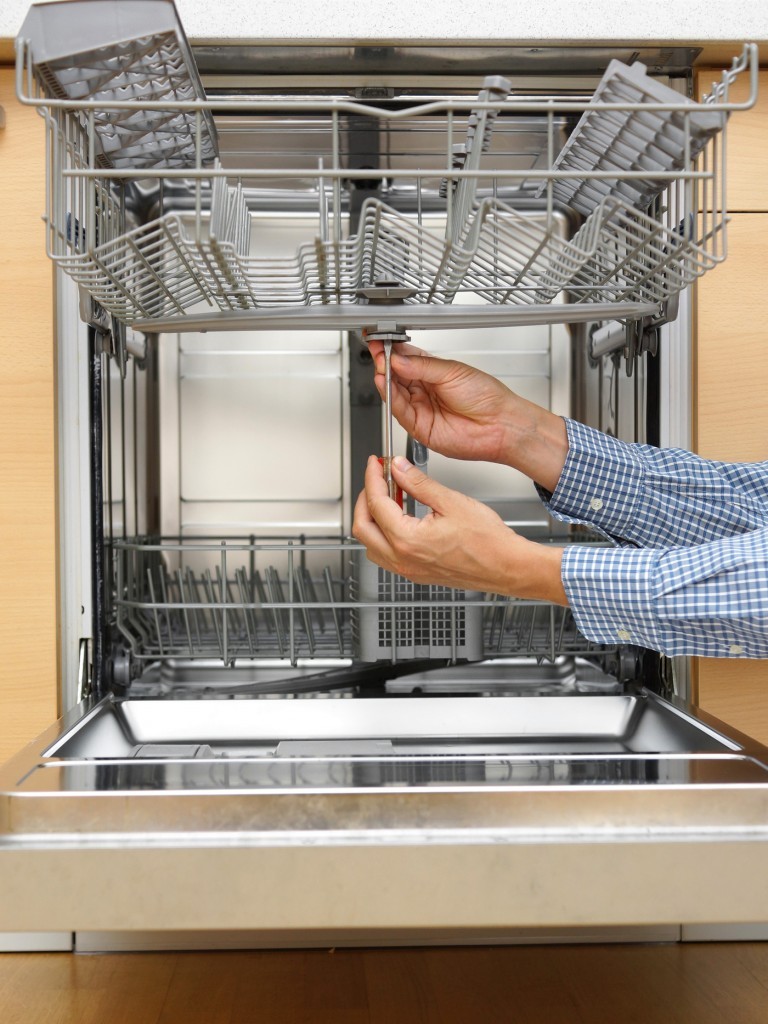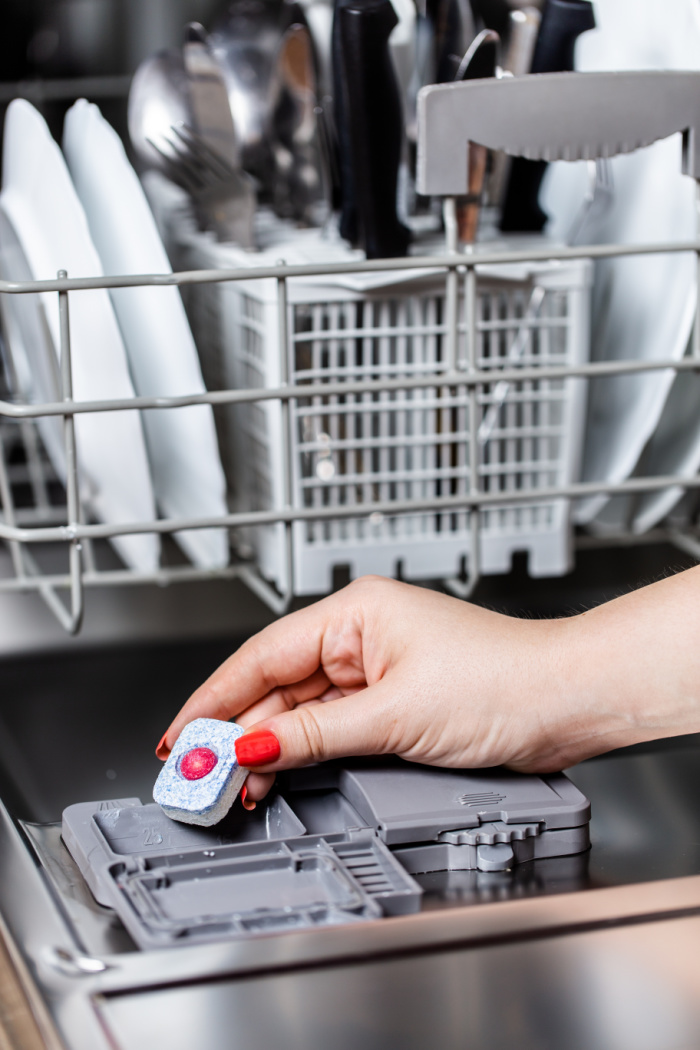Every person seems to have their own unique rationale in relation to The Most Common Dishwasher Problems.

Having your dish washer break down or breakdown can be a big deal and also cause some pain at home. Dishwashing machines are devices that we utilize to tidy dishes as well as flatwares instantly to save us the stress and anxiety of manually doing it.
Like every other maker that eases human initiative, dishwashers can break down as well as establish some mistake at some point in time. There are numerous mistakes your dishwasher might establish, and also while some of them can be resolved by changing some parts or fixing them, other extra extreme issues will need that you obtain a brand-new dishwasher.
This short article will certainly recognize a couple of common faults your dishwashing machine can create to prevent its total performance and exactly how these mistakes can be addressed.
Usual Faults
Common dishwashing machine faults might vary from small to significant ones. Relying on the level, you will either need the services of specialist plumbings to repair or replace it.
A few of the most typical mistakes consist of:
Dripping Dishwashing machine
This is most likely one of the most day-to-day dish washer issue, as well as fortunately is that it is simple to determine. Leakages happen because of a number of reasons, as well as the leakages can ruin your cooking area. Usual causes of dish washer leakages consist of;
If your meals and flatwares appear of the dishwasher and also still look filthy or unclean, your spray arms might be an issue. Oftentimes, the spray arms can get blocked, and it will certainly need a quick tidy or a replacement to function successfully once more.
Failure to Drain
Occasionally you may notice a big quantity of water left in your tub after a clean. That is most likely a drainage issue. You can either examine the drainpipe hose for problems or blockages. When doubtful, call a professional to have it inspected as well as fixed.
This is another typical dishwashing machine problem, and also it is primarily triggered by food particles or grease sticking around in the device. In this instance, search for these particles, take them out and also do the dishes with no recipes inside the maker. Wash the filter completely. That will assist remove the bad odor. Ensure that you remove every food fragment from your dishes before transferring it to the equipment in the future.
Conclusion
A few of these common dishwasher mistakes can be dealt with easily in your home, yet in some cases, the faults could be substantial and might require the interest of specialists. If you live in Rochester, Syracuse, as well as various other parts of America, let the experts effectively diagnose what could be wrong with your dishwashing machine and also proffer a service.
We likewise set up dish washers if you just purchased a brand-new one or plan to replace your own. With our several years of experience in the sector, we make certain to give you the very best feasible solutions.
8 Most Common Dishwasher Problems & How to Fix Them
My Dishwasher Isn't Draining
If your dishwasher isn't draining properly, you may be having an issue with your dishwasher's drainage system. This can be caused by a variety of issues:
Clogged drain: The dishwasher's drain may be clogged with food particles or other debris. Malfunctioning pump: The dishwasher's pump is responsible for moving water through the system and out of the drain. If it's damaged or not working correctly, it could cause a drainage failure. Broken or clogged hose: The dishwasher's drain hose may be broken or clogged, causing water to back up in the system. How to Fix Dishwasher Not Draining
Check the drain for any blockages. A clogged or kinked hose will prevent water from properly draining out of the dishwasher. Use a plunger or a pipe snake to clear any debris that may be blocking the drain. Check the dishwasher's pump for damage or malfunction. Consult the manufacturer's manual or call a professional appliance repair service if you think the pump may be the issue. Check the drain hose for any damage or blockages. The hose should be straight and free of any debris or kinks. Check the drain pump filters for any blockages if the hose is clear, but the dishwasher is still not draining. Some dishwashers have filters that can become clogged with food particles or debris. Cleaning or replacing the filters may help resolve the issue. Run a dishwasher cycle to make sure the water is properly draining out. My Dishwasher Is Leaking
A leaking dishwasher can be frustrating. There are a few possible causes that you can investigate to try and diagnose the issue:
Inspect the dishwasher for any visible signs of damage or wear and tear. Look for cracks or holes in the door and around the rubber seal. Check the hoses and pipes connected to the dishwasher for any signs of leaking. If there is no visible damage, you may hear the sound of water dripping or the sound of the water pump running. This might mean a problem with the water inlet valve or the drain pump. You may also notice a puddle of water on the floor near the dishwasher. This could indicate a blocked drain hose or a faulty drain pump. Finally, check the seals around the door and the door for any signs of damage, wear and tear, or improper installation. If any of these issues are present, they must be fixed immediately to avoid further water damage. How to Fix a Leaky Dishwasher
Identify where the leak is coming from. The most common places for a dishwasher to leak include the door, hoses, and pump. If the leak is coming from the door, the gasket or seal may need to be replaced. If the leak is from the hose or pump, the damaged parts should be replaced with new ones. Finally, check all the connections and make sure they are secure and not leaking How to Fix a Dishwasher That Won't Start
The perfect remedy for a dishwasher that won't start is confirming all the components are in perfect working order and that the wiring is in good condition. Next, inspect the motor and replace it if necessary.
If these steps do not resolve the problem, contact a professional appliance repair technician to diagnose and fix the issue.
Conclusion
Most dishwashers are reliable appliances with a long lifespan. As with all devices, checking your dishwasher regularly will help you quickly identify any issues and ensure that it is running efficiently.
And if you're in the market for a new dishwasher, don't let dishwasher problems ruin your day. Upgrade to a reliable, efficient model today! Check out our full selection of top-quality dishwashers that includes a range of styles and features to suit any budget and household needs.
https://www.coastappliances.ca/blogs/learn/common-dishwasher-problems

I discovered that write up about Common Dishwasher Problems while doing a lookup on the internet. Sharing is nice. Helping others is fun. We truly appreciate reading our article about Why is My Dishwasher Not Cleaning Properly?.
Set An Appointment